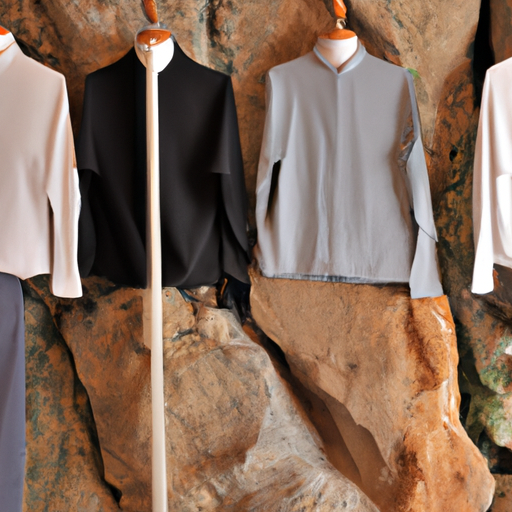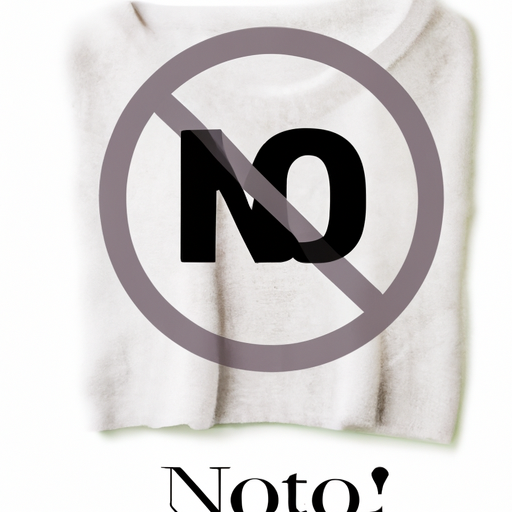The fashion industry is experiencing a radical transformation towards sustainability and ethical production practices. Innovative designers and brands are pioneering methods that minimize environmental impact while maintaining style and quality. This movement represents a critical response to the fashion industry's historical environmental and social challenges.

Sustainable fashion has emerged as a critical movement reshaping the global clothing industry, addressing the significant environmental and ethical challenges that have long plagued traditional manufacturing processes. This comprehensive approach goes far beyond simply using organic materials—it represents a holistic reimagining of how clothing is designed, produced, consumed, and ultimately recycled.
Traditionally, the fashion industry has been one of the world's most significant environmental polluters. Fast fashion models encouraged rapid consumption, with garments often discarded after minimal use, creating enormous waste and generating substantial carbon emissions. According to recent studies, the fashion industry is responsible for approximately 10% of global carbon emissions and nearly 20% of wastewater production.
The sustainable fashion movement addresses these challenges through multiple innovative strategies. Designers are increasingly utilizing recycled materials, developing circular economy models, and creating clothing designed for longevity and multiple uses. Brands like Patagonia, Eileen Fisher, and Reformation have become pioneers in demonstrating that sustainable practices can coexist with stylish, high-quality fashion.
Technological innovations are playing a crucial role in sustainable fashion development. Advanced textile recycling techniques now allow manufacturers to transform post-consumer clothing waste into new fabric compositions. 3D printing technologies enable more precise pattern cutting, reducing material waste during production. Biotechnology is even producing alternative materials like mushroom leather and algae-based textiles.
Economically, sustainable fashion represents a growing market segment. Consumer awareness and demand for ethically produced clothing have increased dramatically, particularly among younger generations. Market research suggests that millennials and Gen Z consumers are willing to pay premium prices for clothing produced with transparent, environmentally responsible methods.
The social impact of sustainable fashion extends beyond environmental considerations. Many sustainable brands are committed to fair labor practices, ensuring safe working conditions and fair wages for workers throughout the global supply chain. This approach challenges the exploitative labor practices that have historically characterized the fashion industry, particularly in developing countries.
Materials innovation is a critical component of sustainable fashion. Designers are exploring alternatives to traditional cotton and synthetic fabrics, which have significant environmental footprints. Hemp, bamboo, recycled polyester, and organic cotton are becoming increasingly prevalent. Some cutting-edge designers are even experimenting with fabrics made from food waste, agricultural byproducts, and other unexpected sources.
Consumer education plays a vital role in the sustainable fashion movement. Many brands are now providing detailed information about their production processes, material sourcing, and environmental impact. Transparency has become a crucial marketing strategy, allowing consumers to make more informed purchasing decisions.
The future of sustainable fashion looks promising, with continuous technological and design innovations. Artificial intelligence and machine learning are being used to optimize supply chains, reduce waste, and create more precise, efficient production methods. Blockchain technology is enabling greater transparency in tracking the origins and journey of clothing materials.
As the movement continues to evolve, sustainable fashion will likely transition from a niche market to a mainstream expectation. Governments are increasingly implementing regulations that require greater environmental accountability from fashion brands. The industry is gradually recognizing that sustainability is not just an ethical choice, but a necessary business strategy for long-term survival.
Ultimately, sustainable fashion represents a profound reimagining of our relationship with clothing. It challenges consumers to view garments not as disposable commodities, but as valuable, long-lasting investments that reflect personal values and contribute to a more responsible global ecosystem.



